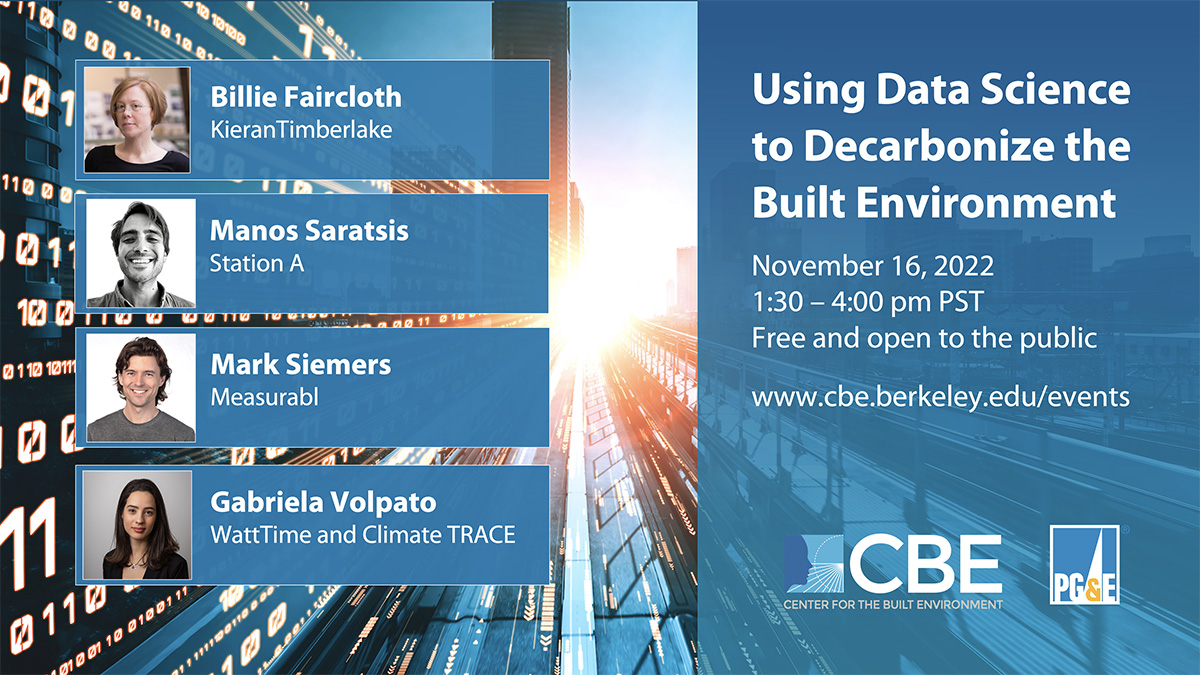
November 16, 2022 1:30 – 4:00 pm PST
Effectively countering climate change and its impacts will require societal change, financial investment and a broad array of new technologies and innovations. The increasing power of data science offers numerous tools to affect these important and much-needed changes. By taking advantage of massive data sets, continuous streams of data, and automatic analysis and interpretation of these data, we can gain visibility to understand problems, set achievable goals, and monitor progress towards these goals. This session featured industry leaders, from companies large and small, who are applying data science in new and innovative ways to mitigate climate change effects that result from, and impact upon, our built environments.
This event was free and open to the public, and co-sponsored by PG&E and UC Berkeley’s Center for the Built Environment.
Speakers and Presentations
-
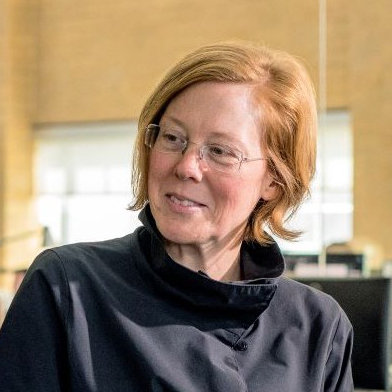
Billie Faircloth, FAIA
Partner, KieranTimberlake
Billie Faircloth is a design leader who has transformed practice-based research and earned a national and international reputation for demonstrating its value, methods, and outcomes. As partner and research director at KieranTimberlake, she leads the firm’s Research Group, recognized for applying research, design, and problem-solving processes from diverse perspectives. Architectural Record celebrated Faircloth’s integrated, transdisciplinary research with a 2017 Women in Architecture Innovator Award. Billie is an adjunct professor at the Weitzman School of Design, University of Pennsylvania, and the Chair of the AIA Committee on the Environment. Billie’s present work focuses on socio-technical interactions within building culture and architecture’s impact and outcomes as critical grounds for innovation. https://www.linkedin.com/in/billie-faircloth-b3144228/
-
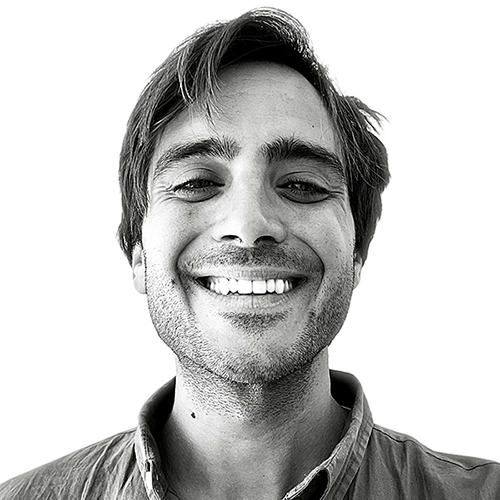
Manos Saratsis
Co-Founder and Head of Product, Station A
Presentation: How to Think About (and Act On) Building Decarbonization
Manos Saratsis is an architect, urbanist, and entrepreneur with a passion for cities, great software products, and thoughtful design. With years of experience designing and developing software that enables data-driven climate decisions for buildings and cities, now as the Co-Founder and Head of Product at Station A he is helping to build the core patented technology, scale the software platform, expand the user network, and grow both the SaaS and Marketplace side of the business. Manos received an MS in Urbanism and Building Technology from MIT while conducting research at the Sustainable Design Lab. He has also published numerous papers on energy modeling and its implications for urban planning and real estate development. https://www.linkedin.com/in/esaratsis/
-
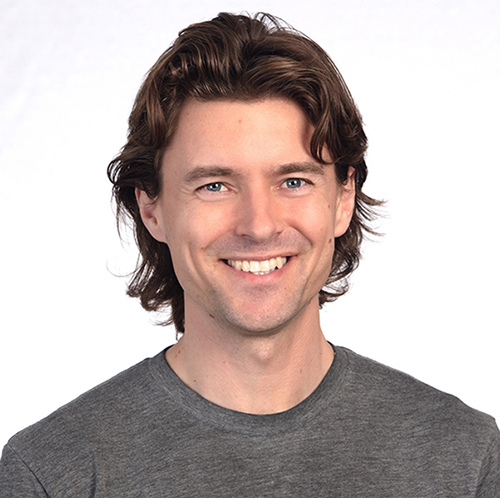
Mark Siemers
Director of Engineering, Measurabl
Presentation: Data Science & Decarbonization
Mark Siemers is the Director of Engineering for Measurabl’s Data Product line. He’s helped build the teams who build the software to provide valuable ESG related data to key decision-makers in each level of the real estate industry. He’s also a big fan of urban design, bicycle infrastructure, and city planning in the Netherlands. Mark earned both his BS in Business and MS in Information Systems from the Kelley School of Business at Indiana University. https://www.linkedin.com/in/marksiemers/
-
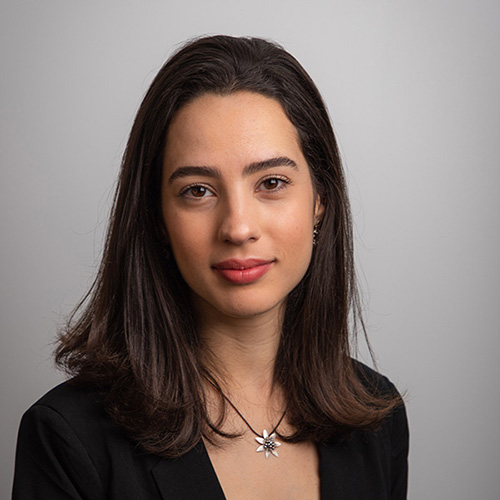
Gabriela Volpato
Product Manager, WattTime; Data Manager, Climate TRACE
Presentation: Climate TRACE: Climate Science and Decarbonization
Gabriela Volpato is a Product Manager at WattTime who manages coalition data products for Climate TRACE. Gabriela works closely with all Climate TRACE coalition members to deliver actionable data to make global carbon emissions available to the public. She has extensive experience in carbon emissions modeling and identifying opportunities for improvements. She believes that freely available carbon emissions data is the key to advance emissions reductions worldwide. Gabriela earned her MS in Energy Systems Management from the University of San Francisco, and her BS in Energy Engineering at the University of Brasilia, Brazil. https://www.linkedin.com/in/gabrielavolpato/
Continuing Education
At the conclusion of this course, participants will be able to:
- Cite tools that utilize publicly available data to identify and prioritize sites that show promise for rooftop solar, and that can match service providers with property managers, owners and/or investors.
- Show familiarity with open-source data repositories that are useful for carbon modelling and reporting.
- Explain how large data sets are being collected and reported for company ESG metrics and reporting.
- Describe how the concept of ‘data-mosaics’ — multi-domain, unstructured data that originate from multiple professions, having different purposes — can be applied to transdisciplinary concerns.
Organizers

